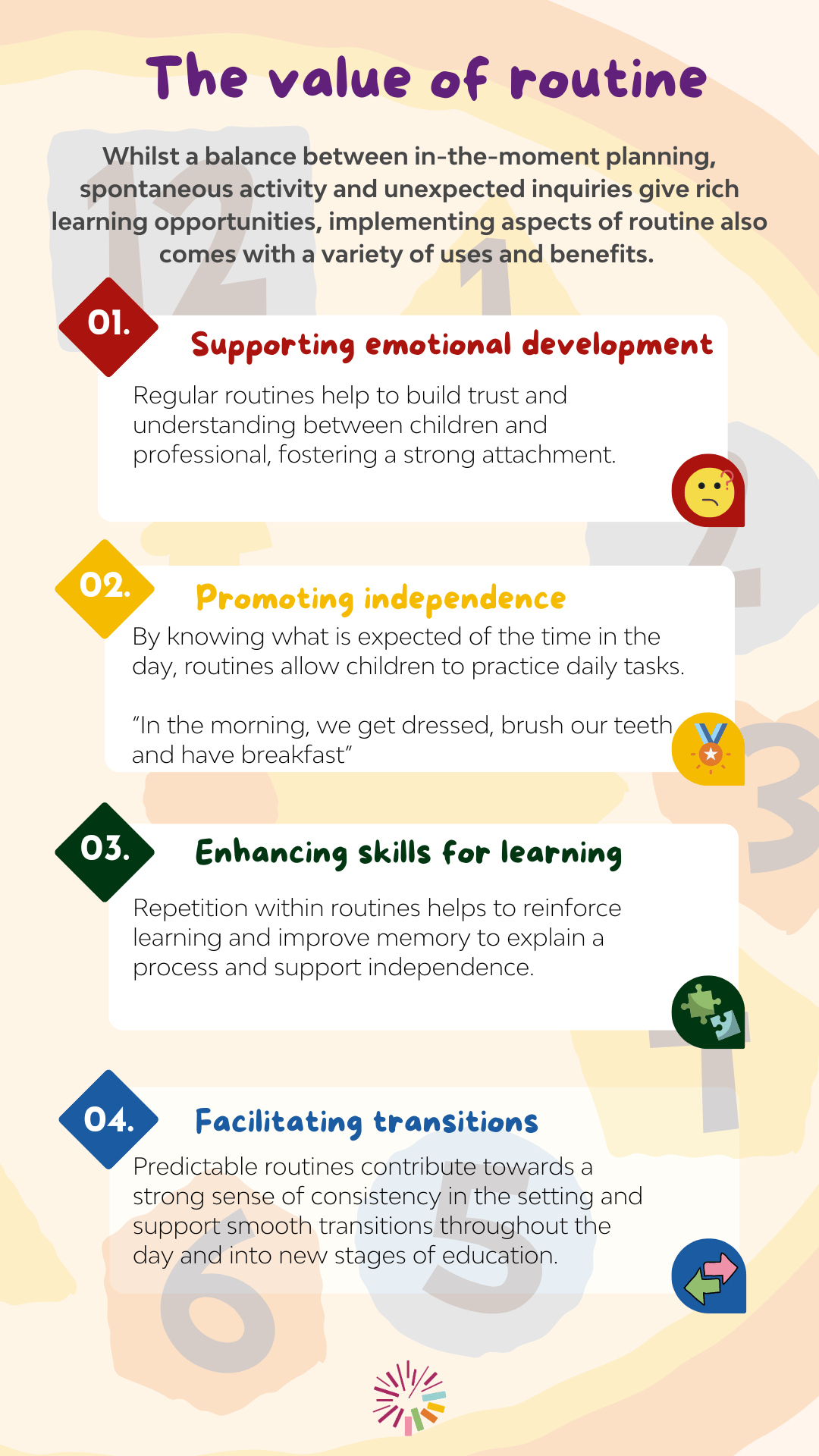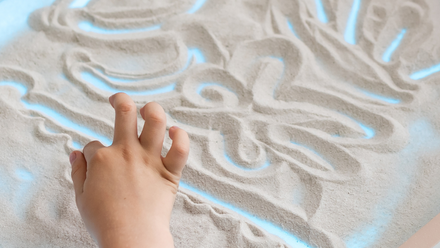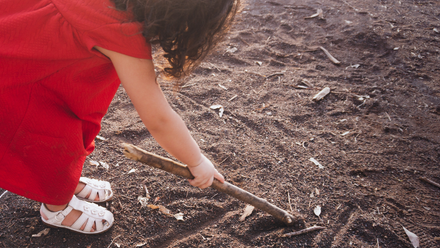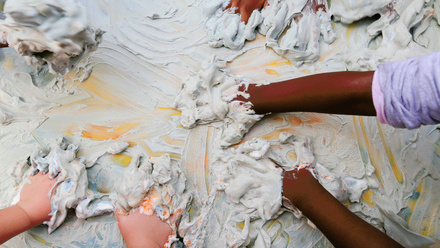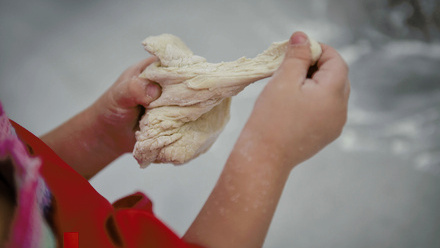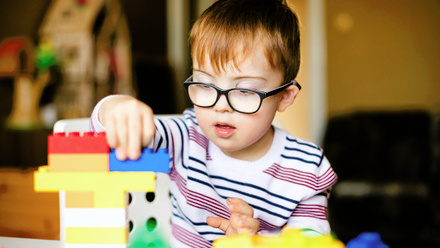The value of routine for working with young children
From visual timetables to songs relating to actions and times of the day, aspects of routine are used throughout early education and care in a variety of ways. Regardless of how routine is implemented, it is used throughout education to provide a structure to the day, setting clear boundaries, and organising the aims and objectives of the time engaging in education and care provisions.
Whilst a balance between in-the-moment planning, spontaneous activity and unexpected inquiries gives rich learning opportunities, for children in their early years and the professionals working with them implementing aspects of routine comes with a variety of uses and benefits.
Supporting emotional development
Regular routines help to build trust and understanding between children and professional, fostering a strong attachment that is shown to have great benefits for further development across all areas.
Knowing ‘what comes next’ helps children manage their emotions and behaviour as they learn to anticipate and prepare for transitions. Clear communication strategies that utilise routine can also be used to support children when unexpected changes happen. Now and next boards, for example, provide a structured explanation for immediate changes in a comprehensive way.
Promoting independence
By knowing what is expected of the time in the day, routines allow children to practice daily tasks, such as knowing that in the morning, we get dressed, brush our teeth and have breakfast, giving children a sense of autonomy and allows them to be proactive in decision making throughout the day.
Enhancing skills for learning
Repetition within routines helps to reinforce learning and improve memory. Techniques, such as using routine-based songs that explain a process, support children to become independent through activities, as children become familiar with daily activities and concepts.
Facilitating transitions
Transitions take place all of the time! Predictable routines contribute towards a strong sense of consistency in the setting and therefore supports children with the changes and transitions between activities, such as moving from playtime to mealtime. As children get to preschool age and attention turns to school readiness, developing a structured routine to the day also works to prepare children for the expectations of formal education and therefore supports the big transition into their first years of school.
Whilst it’s important to acknowledge the role that spontaneous and reactive activities play, responding to children’s interests and curiosities, routines help to establish clear boundaries and expectations, support transitions and give children a sense of independence at a young age.
